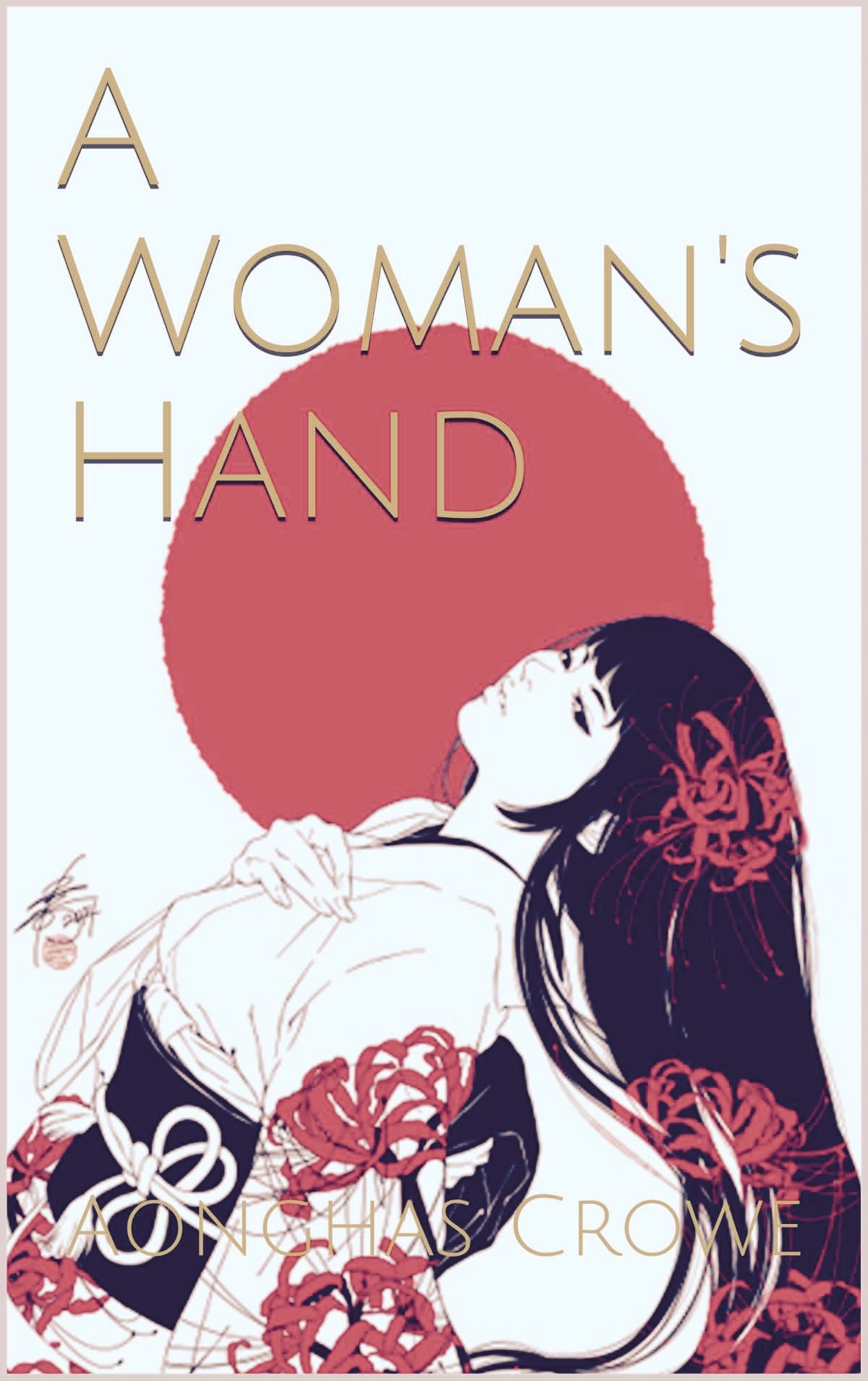 Azami: Why haven't you gotten divorced yet?
Azami: Why haven't you gotten divorced yet?
Rémy: It isn't that simple, really. It's awfully easy to get married here, but once your in the koseki (戸籍, family register), it's hard to get out; especially now that women have got it into their silly heads that they can not only sue their ex-husband for half of his assets but now feel entitled to it.
Azami: Yes, well why not?
Rémy: Many reasons. One, in many cases the woman did not directly have a hand in the success of her husband. If she did, well then that’s another story. And, two, you can't have it both ways.
Azami: I don't understand.
Rémy: You can't demand equal rights, the same opportunities as men, the same pay as men, the same career choices as men—all things I agree with—but then, claim that the men have the obligation to support you or to split half of their property and belongings.
Azami: You know, I never thought about it that way.
Rémy: You're not alone. Women also demand that we try to understand them, that we have a moral duty to do so, and what's more, they expect us to renounce our masculinity and act more like them, as if they are paragons of virtue worthy of emulation. But, you know what?
Azami: No, what?
Rémy: You're not. You're irrational and moody, capricious and unpredictable. You blame it on your period and expect us to just accept it. If we don't, we're called insensitive Neanderthals.
Azami: Anyways, when do you think you'll get divorced?
Rémy: Hard to say.
Azami: Honey, do you expect me to just wait for you forever?
Rémy: No. (The thought of another woman waiting impatiently for me to get divorced so that she could move in wasn't what you would call an encouraging prospect. Azami couldn't understand that I wasn't seeking a divorce so that I could be with her, I was doing so to be free again.)
Azami: Well, what am I supposed to do, then?
Rémy: You're a big girl, you decided.
Azami: I can't believe you said that.
Rémy: Look, I don't want to have an argument over this; it won't change anything.
Azami: But I want you to change. I'm tired of this.
Rémy: And so am I. More than you can probably imagine.
Azami: So, what am I supposed to do?
Rémy: I've told you many times before what I must do between now and then. They have nothing to do with how badly I want out of the marriage, but everything to do with my life after marriage. Once those things have been dealt with, I can talk to her about breaking up.
Azami: Will you really get divorced? Sometimes I think maybe he won't leave her, maybe he still loves her . . .
Rémy: Don't be ridiculous.
Azami: What else am I supposed to think?
Rémy: I think the best way to explain this is for you to consider Mount Fuji. Yuko and I have taken a bus up to the half-way point. There wasn't any effort required to get there, and now that we're there we see that there's a long climb remaining till we reach the top. We're already tired from the ride. It's cold out and we're not quite prepared for the climb. Neither of us thought it would be so difficult. Tired as I am, I still want to get off the bus, and start climbing, but Yuko's having second thoughts. I have to convince her to go up the last 2 kilometers and make her understand that no matter how difficult the climb may be, once at the top we will agree that it was worthwhile.
Azami: Hurry up! Get off the bus, honey!
Rémy: I am! I am! Oh shit, I forgot my boots. Hold on! I'm coming, I'm coming!
I meant to add the above conversation to my novel Rokuban, but it didn't quite make the cut. Perhaps in a later edition.
 © Aonghas Crowe, 2010. All rights reserved. No unauthorized duplication of any kind.
© Aonghas Crowe, 2010. All rights reserved. No unauthorized duplication of any kind.
注意:この作品はフィクションです。登場人物、団体等、実在のモノとは一切関係ありません。
All characters appearing in this work are fictitious. Any resemblance to real persons, living or dead, is purely coincidental.
Rokuban - No. 6 and other works by Aonghas Crowe are available at Amazon.
 Friday, August 11, 2017 at 8:09AM
Friday, August 11, 2017 at 8:09AM


 Kampai,
Kampai,  Rokuban in
Rokuban in  Writing Life
Writing Life 




